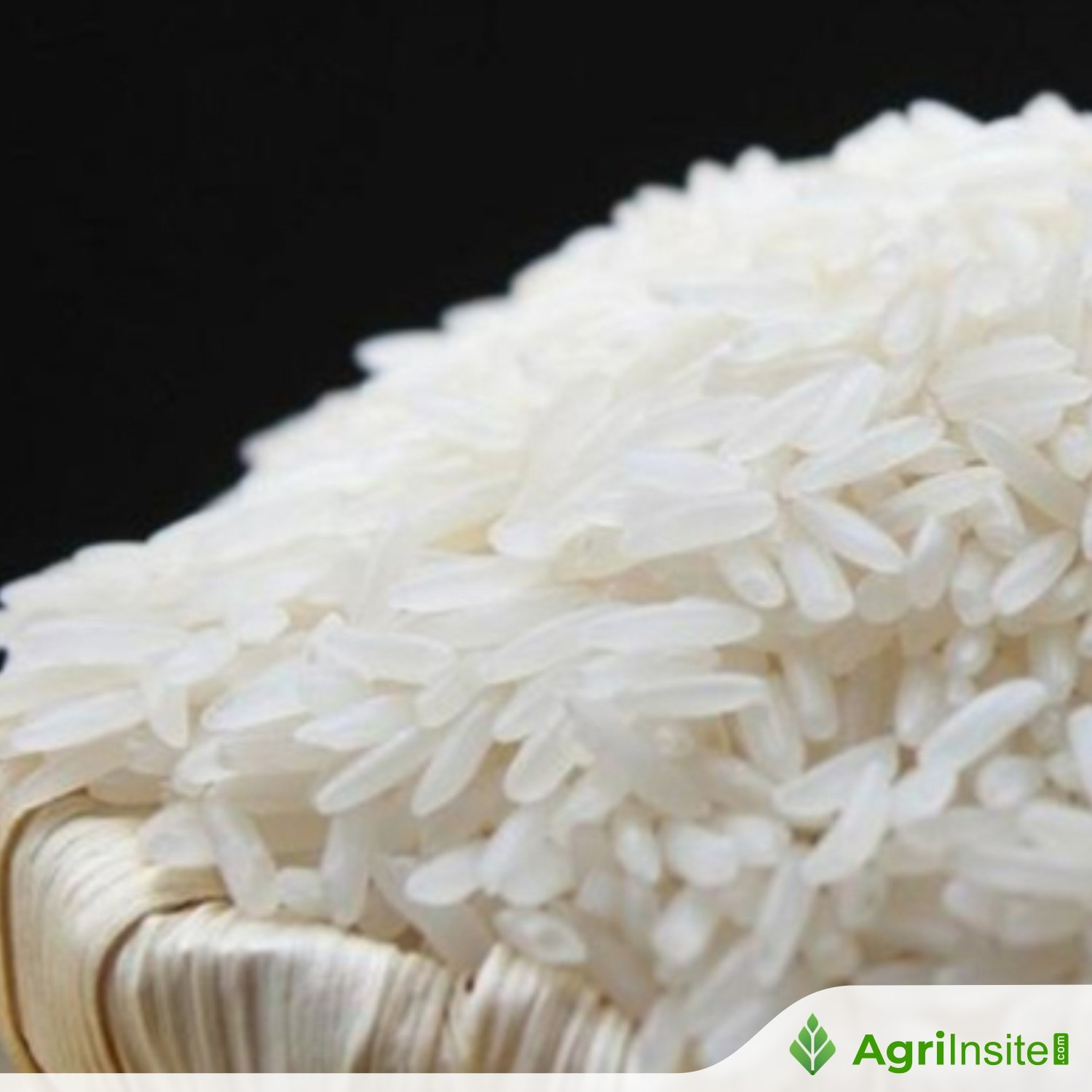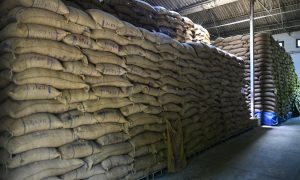Bangladesh : Rice prices up Tk4-8 per kg despite record harvest

Despite a record Boro harvest of 2.14 crore tonnes, rice prices in Bangladesh have risen by Tk4–8 per kg since Eid-ul-Adha, straining consumers. Traders blame millers and corporates for stockpiling and driving up prices. Farmers sold paddy cheaply, gaining little from the boom. Analysts criticize poor government oversight as consumers face high costs, while other food prices remain stable.
Despite the conclusion of a record-breaking Boro harvest, rice prices have unexpectedly risen by Tk4-8 per kg since Eid-ul-Adha, causing financial strain on consumers and discontent among farmers.
Government data shows that this year’s rice production is the highest on record, with over 95% of Boro paddy already harvested. Yet, farmers in some areas are still collecting their crops. The Department of Agricultural Extension reports a record yield of 2.14 crore tonnes from 48 lakh hectares of land.
In Dhaka’s retail kitchen markets, Miniket rice is now being sold at Tk80–82 per kg, up from Tk72–74 before Eid. Mozammel Miniket has jumped from Tk75 to Tk88–90 per kg. Medium-grain varieties such as BRRI-28, BRRI-29, and Pajam have increased by Tk4 per kg and are currently priced at Tk60–64. Coarse rice variety Swarna is selling at Tk57–58 per kg, an increase of Tk2–3.
At the wholesale level, the price hike is equally sharp. In Karwan Bazar, Miniket rice now costs Tk3,900–4,000 per 50kg sack, compared to Tk3,500–3,600 before Eid. BRRI-28 and Pajam are being sold for Tk3,000–3,100 per sack, up from Tk2,800–2,900.
Wholesale rice seller Md Shawon told The Business Standard, “There is no reason for rice prices to rise now. But since Eid, the price has been going up every day.”
Traders and agricultural experts suggest that corporate companies and rice mills are responsible. They purchased paddy at low prices before Eid, stockpiled it, and are now driving up prices.
Farhad Hossain Chakdar, general secretary of the Naogaon Rice Mill Owners’ Association, said that recent rainfall had damaged Boro paddy, reducing its quality and pushing up prices.
“Within 15 to 20 days, the price of paddy has increased by Tk100–150 per maund. This has led to a Tk2 per kg increase in rice prices at the mill level,” he said.
However, market analysts argue that neither farmers nor consumers are benefiting from the record production. Farmers sold their crops at low prices during harvest, while traders are now increasing rice prices once the grain is out of farmers’ hands.
SM Nazer Hossain, vice-president of the Consumers Association of Bangladesh (CAB), said, “Prices are always kept low when crops are in the hands of farmers, which causes them losses. But once the products leave the farmers’ hands, prices increase, putting consumers at a disadvantage. The government is failing to control this.”
Meanwhile, the prices of other food items remain relatively stable. Broiler chicken is being sold for Tk150–160 per kg, and eggs are priced at Tk120–130 per dozen. Sonali chicken prices have dropped to Tk260–280 per kg.
Vegetables such as pointed gourd, okra, and ridge gourd are available for Tk50–60 per kg. However, potato prices have increased by Tk5 per kg, now selling for Tk25–30. Onions are being sold at Tk55–60 per kg in local kitchen markets.
To Read more about Rice News continue reading Agriinsite.com
Source : The Business Standard














